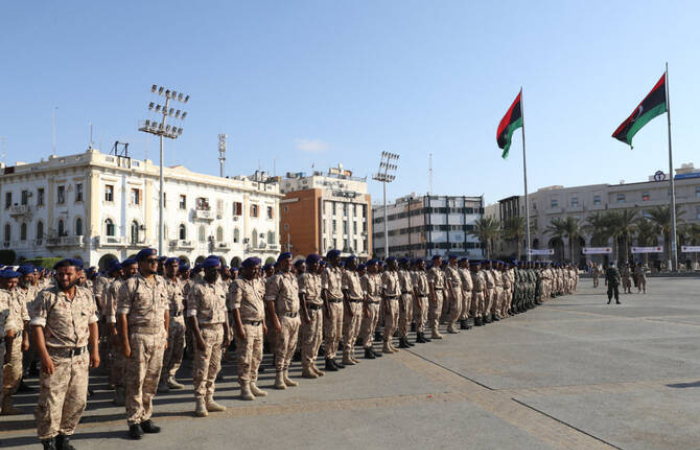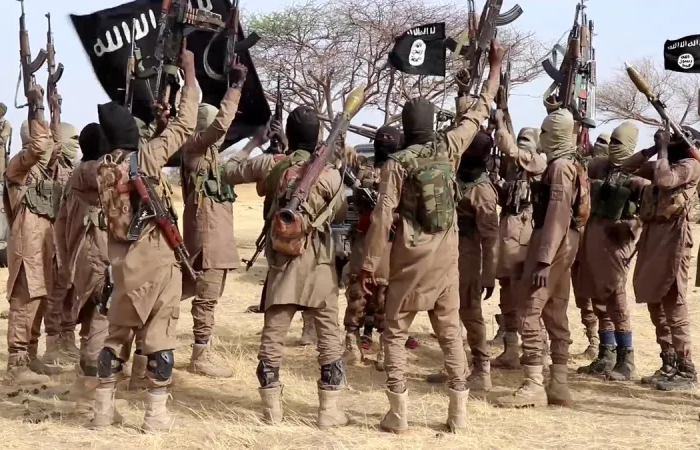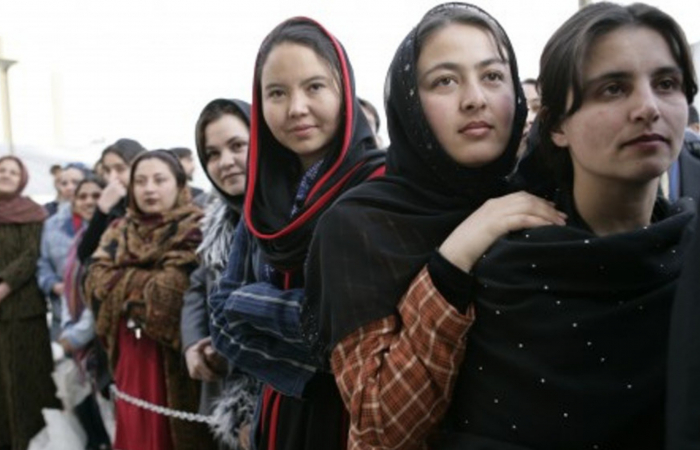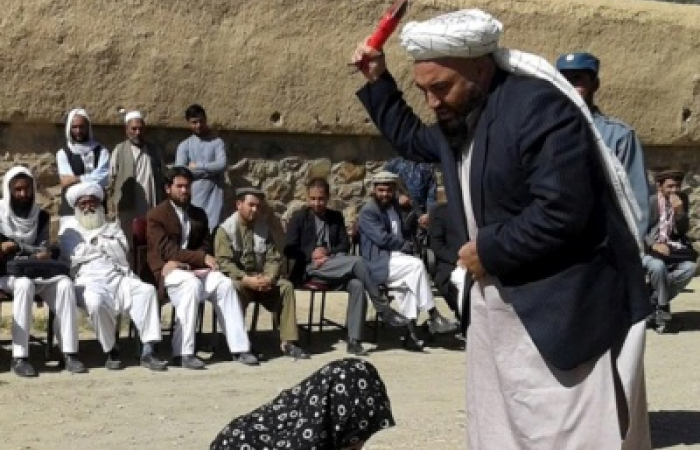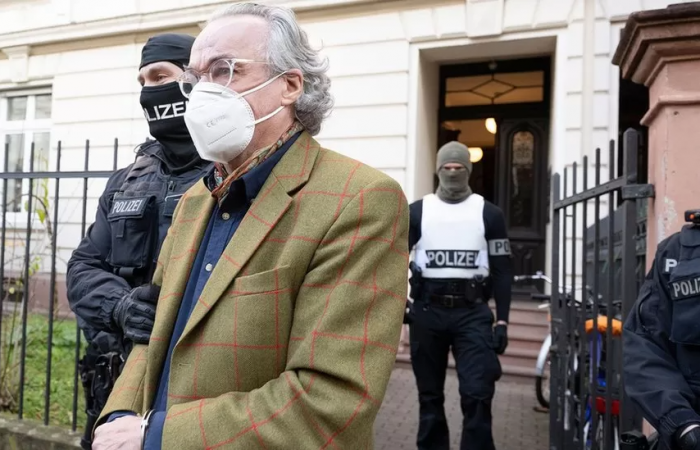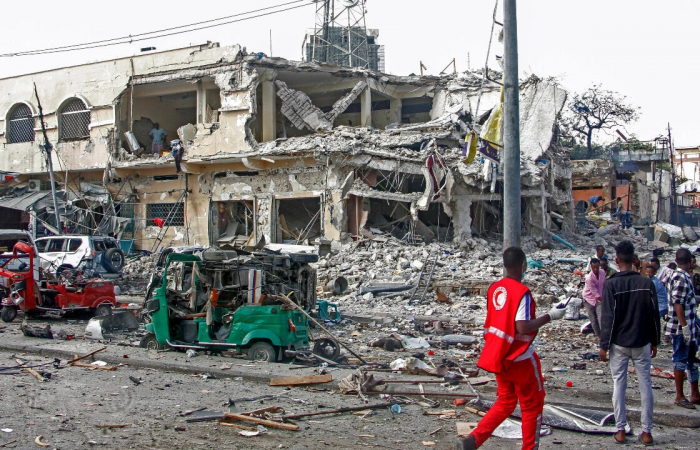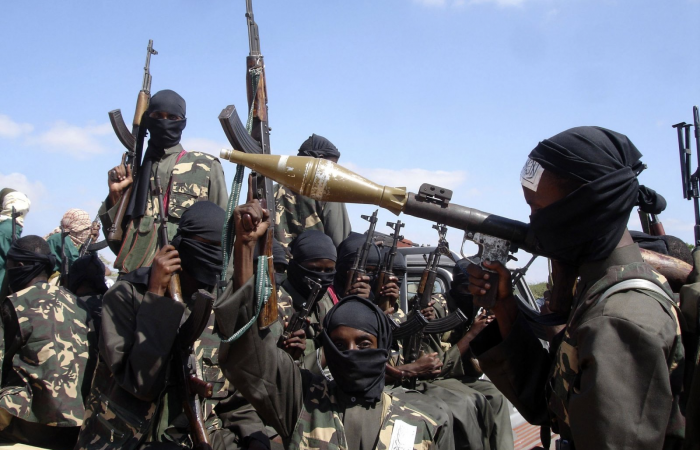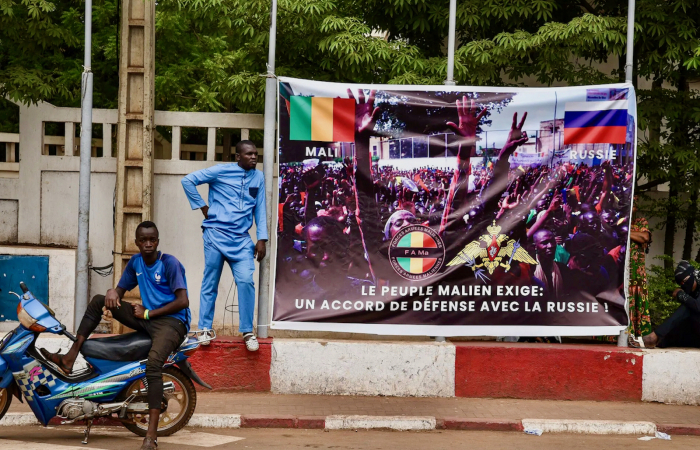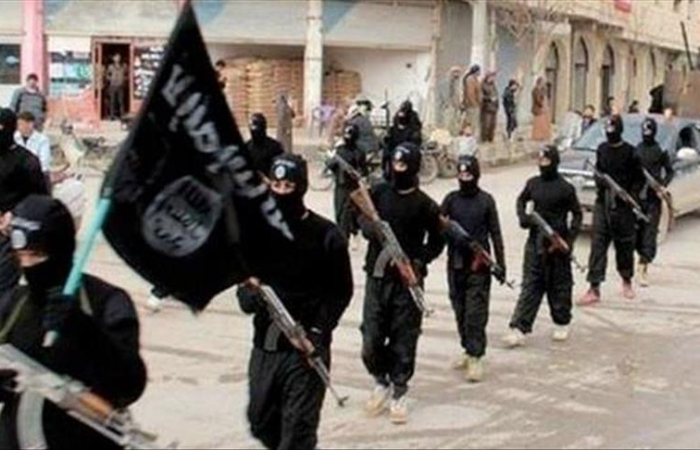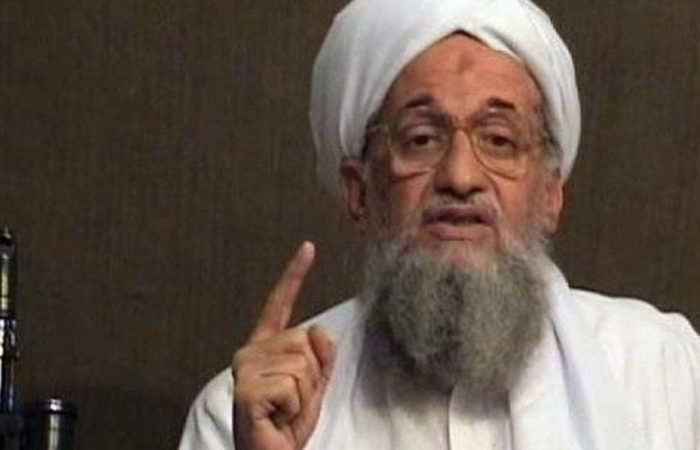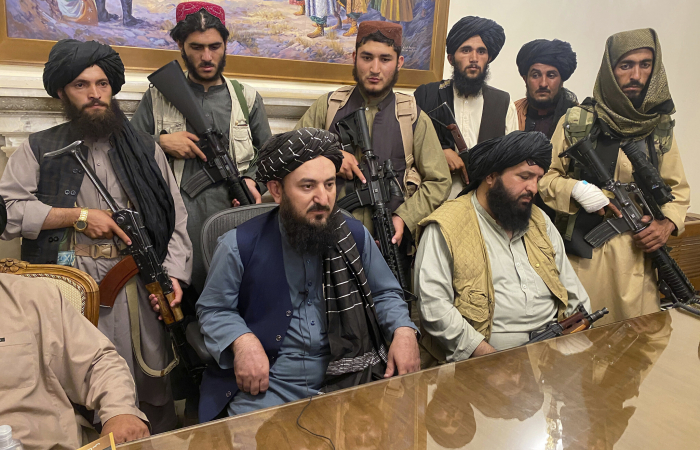Trending
- Conflict and Peace
- Domestic Politics
- Radicalisation
- Global
- North Africa and the Sahel
- Türkiye and the Levant
Libya government reaches preliminary accord with powerful armed group
16 September 2025
Libya’s UN-recognized government based in Tripoli has reached a preliminary accord with a powerful armed group to end months of tensions that have flared into occasional violence, a government adviser and local media said on Saturday 13 September. Negotiations between the government and the Radaa Force were facilitated by Turkiye, according to the same sources quoted by Arab News. Ziyad Deghem, an adviser to the head of the Presidential Council transitional body, said the details of the accord “will be announced to the public at a later date.” Libyan broadcaster Al-Ahrar on Saturday posted on X a video that it said showed defense ministry forces entering an airport controlled by Radaa.



